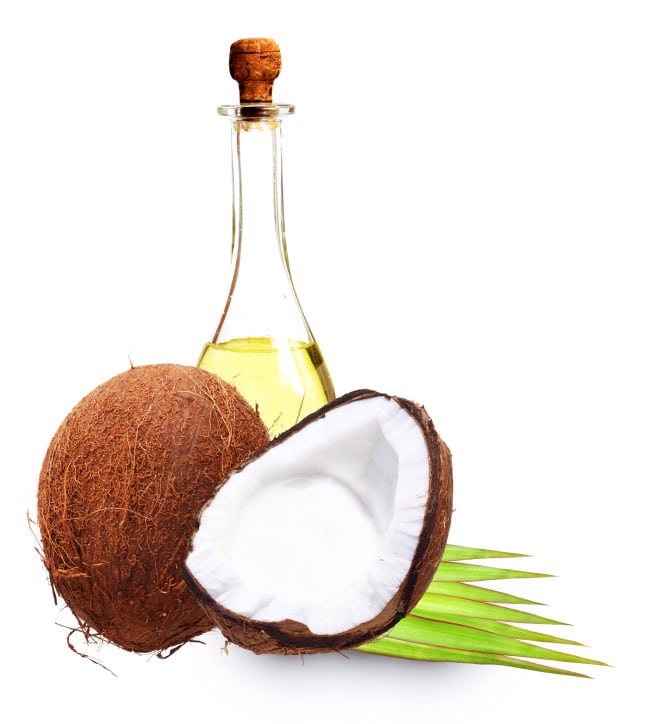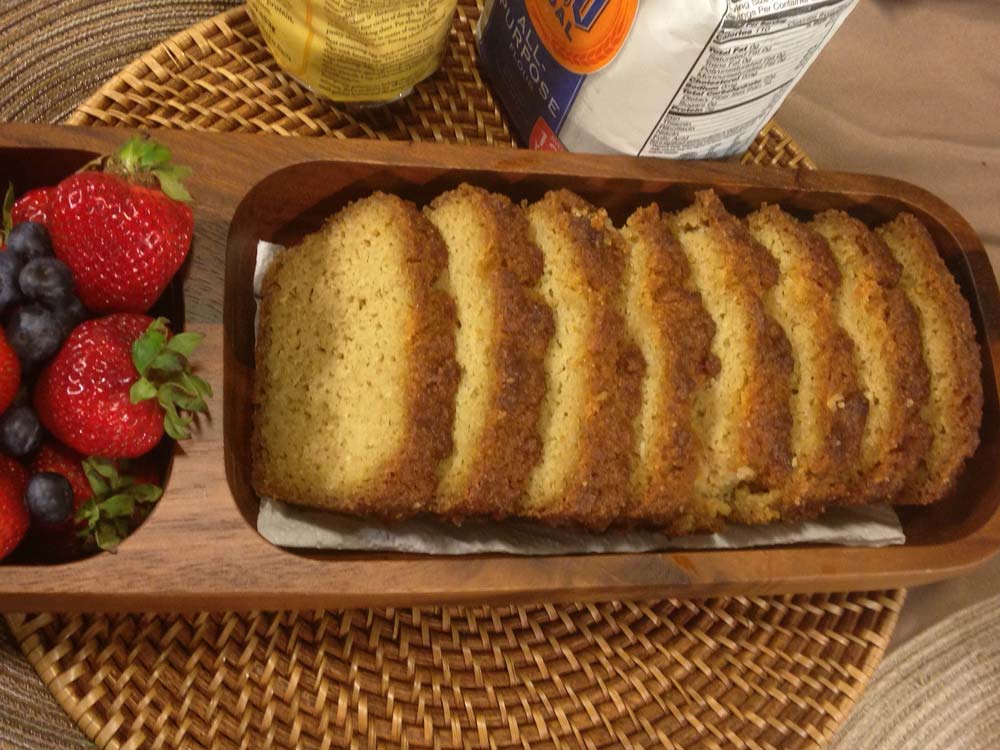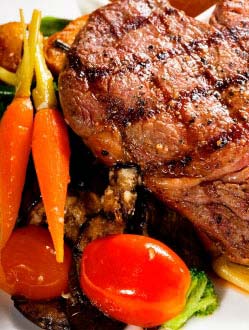
Paleo Foods: Your Body Will Love These Fats!
When you add healthy, good ol', back-to-nature fats into your diet, you actually lose weight! I know … crazy, right?
Every time I am featured on the news, I talk about healthy fats, because fats matter a lot.
Pop Quiz!
Which oil is best for sautéing vegetables?
A) Safflower
B) Coconut
C) Olive
Answer: B, coconut oil
“A” is out because safflower is a cheap, poor-quality, industrial oil that is likely rancid by the time you grab it from the grocery-store shelf.
"C” is out because as much as I love olive oil, it’s really more of a drizzle-oil — heat breaks down olive oil fast and, thus, it goes rancid.
Coconut oil wins because it has about every healing property possible in one product. Plus, you can heat the sucker up and it won't go rancid.
Bottom line: Rancid fats make you rancid — a concept that’s pretty easy to digest, yes? The wrong types of fats or fats not used properly cause inflammation throughout the body, and inflammation is the pre-curser to just about every modern-day disease, including heart disease.
Here’s more about fats:
Paleo-approved fats include:
Coconut fats
Olives
Avocadoes
Animal fats
Nuts, seeds, nut and seed oils, and nut and seed butters
Cooking at high heat can damage some oils, causing oxidation that makes otherwise-healthy oils likely to cause inflammation. Avoid cooking with extra-virgin olive oil and nut oils; instead, use these types of oils to toss on salads or drizzle over cooked food.
For high-heat cooking — on the stovetop or grill or in the oven — always use saturated fats from animals or coconut-sourced fats.
High-heat oils: Coconut and palm, ghee (clarified butter) and animal fats
Low-heat oils: Macadamia nut and avocado
No-heat oils (cold-use only): Olive and walnut
The following oils are so bad, they should be dead to you:
Canola (rapeseed)
Cottonseed
Grapeseed
Margarine
Partially hydrogenated vegetable
Rice bran
Safflower
Soybean
Sunflower
Vegetable and shortening







